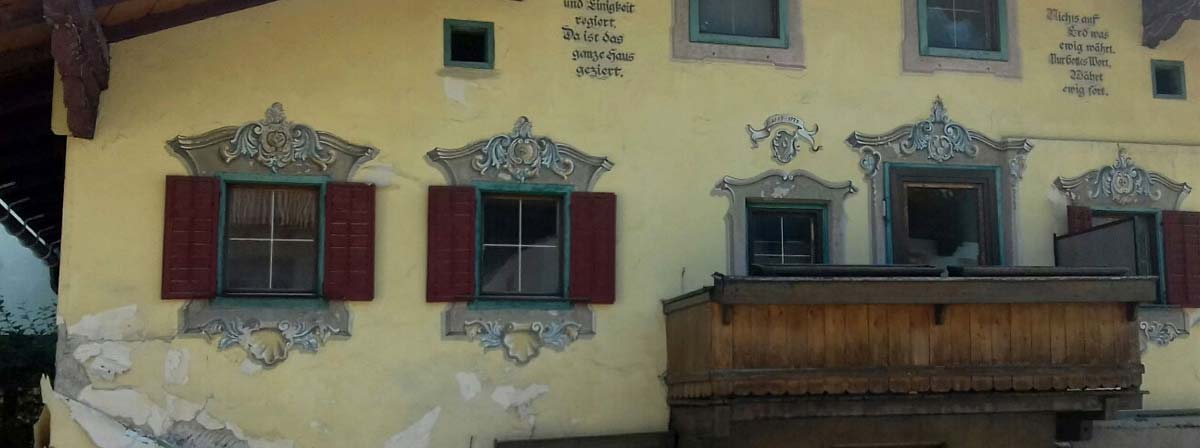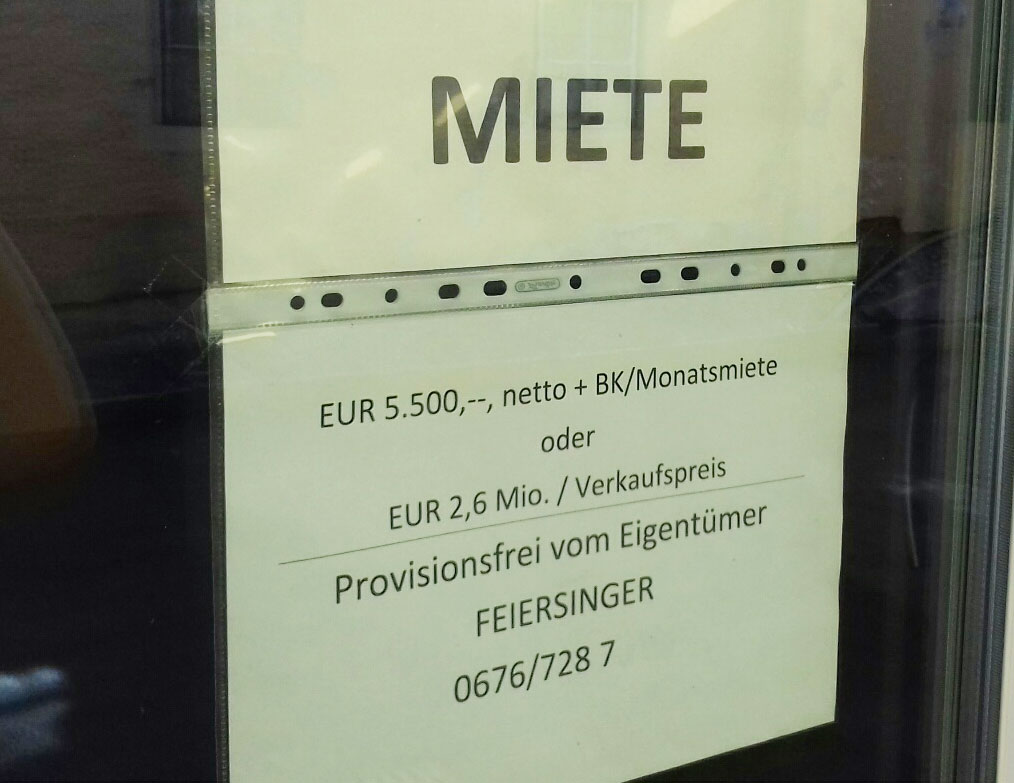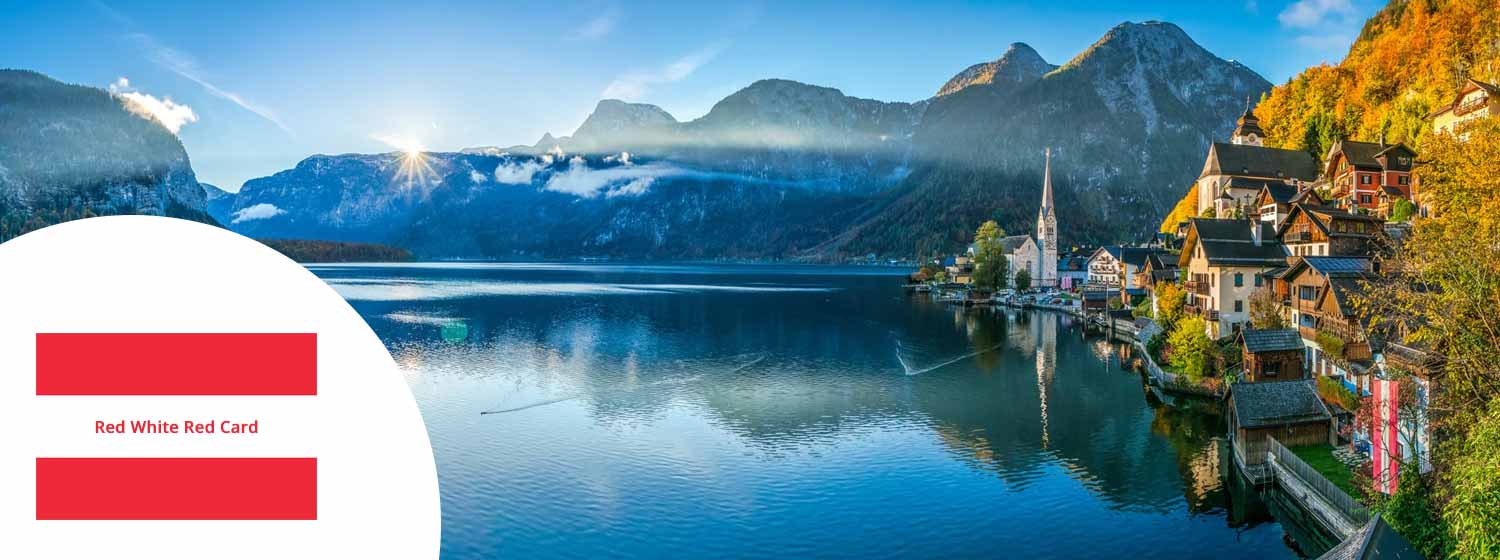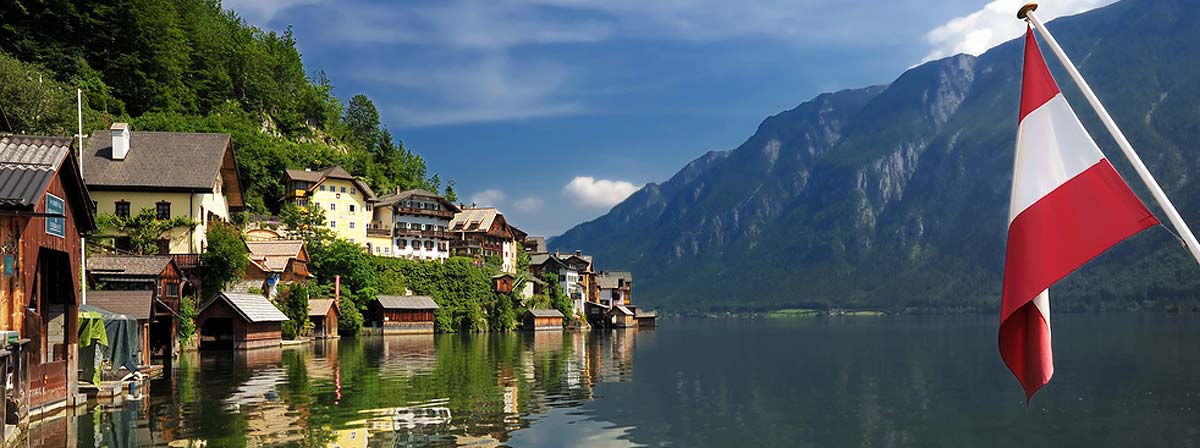
Having just arrived from London to escape the rainy cold winters of the UK to spend the winter skiing in the Austrian Alps, I was lucky enough to move straight into an apartment found by a friend. Therefore, being blissfully unaware of the puzzling property renting process in Austria.
Albeit this was no ordinary apartment, it was one of the oldest buildings in the town and was collapsing to the floor. The owner was planning on getting it demolished that meant we managed to get it for steal. We were working nights and skiing during the day so it was only a place to lay our heads. She managed to get a great deal on a six months by month basis. This is highly unusual and admittedly I took the property renting process in Austria, for granted. Property rental prices can vary depending on where you live but cities are generally more expensive. The following guide will hopefully help successfully rent a property for anyone who has plans of moving to Austria.
Considering the language barrier issue, I thought it would make sense to approach a letting agent and let them do all the legwork. Estate agents in Austria probably have one of the cushiest jobs around as all they do is find the property for you but as soon as you show the slightest amount of interest they hand you over to the landlord but still charge you a fee which is normally 1 months rent.
As a rule, when you rent a property in Austria it will be for a minimum of three years. This is mainly to safeguard the tenant so that the landlord cannot increase the rents. However, after 1 year you are able to opt out of the contract if you give three months notice or if you find new tenants that the landlord is happy with.
When you look at apartments its important to remember that they are usually rented out completely empty, in our case that included no light fixtures which we had to install ourselves. We found most of the basics online and with a few nightmare trips to Ikea. The properties are advertised in square meters and usually specify the amount of rooms, not bedrooms.

If you are happy with the property and the landlord likes you, he may ask for previous landlord references or in our case for a work reference, as we are foreigners I suppose he needed to see that we were reliable, and would pay our rent on time. We were asked to pay a deposit (Kaution) that worked out to three months rent – we were able to negotiate with him and got him down to two months upfront. Our new landlord then took us to the bank where he opened up a high interest rate savings account to put our deposit into. Once we left and he was happy with the state of the property we were given back the money.
He also showed us an energy efficiency rating which I believe is now required by law so that it is easier to calculate the additional costs (nebenkosten). At the end of the year the landlord will compare the actual costs with the nebenkoste and its quiet likely that there will be extra to pay when you vacate the property. The best thing to do is to pay slightly more each month to cover this so that you don’t have any unexpected surprises! Sometimes landlords can purposely underestimate these costs to make their apartments seem more attractive.
Rent without operating costs is called Kalt Miete and rent including operating costs is called Warm Miete. The term Warm can be misconceived by many involved in the property renting process in Austria; it does not necessarily include heating and hot water. Typically apart form the rent, the highest cost you will incur will be the heating costs, so it is advisable to pay attention to the age of the building and how well insulated it is. We also asked what previous tenants paid in heating costs, to get a clearer picture.
I would highly recommend that if your German is not up to scratch, that you get a German speaking friend to help with your property renting process in Austria. There are many publications where you can search for properties and narrow down what it is you are looking for. We looked in local magazines, online and social media groups but essentially word of mouth is the best way to avoid all the hassle and fees, as well as private owners who will generally advertise on notice boards or even in the property window. For information about how to legalise your stay in Austria if you are a non-EU national read our article about how to get the Red White Red card in Austria.
 How to get Red White Red Card in Austria
How to get Red White Red Card in AustriaHow to get Red White Red Card in Austria Since 2011 Austria has introduced the Red White…
 Moving to Austria from UK
Moving to Austria from UKUndisturbed for 5000 years, his relatives live on. Otzi – entombed in ice, on the…
 Education in Austria
Education in AustriaEducation in Austria Austria, otherwise known as Österreich in the German language simply means the ‘Eastern Kingdom/Empire‘.…
 Facts about Austria
Facts about AustriaFacts about Austria Austria is a federal republic, the country is also referred to as ‘Lander’ in…